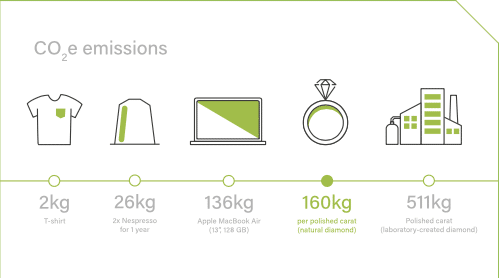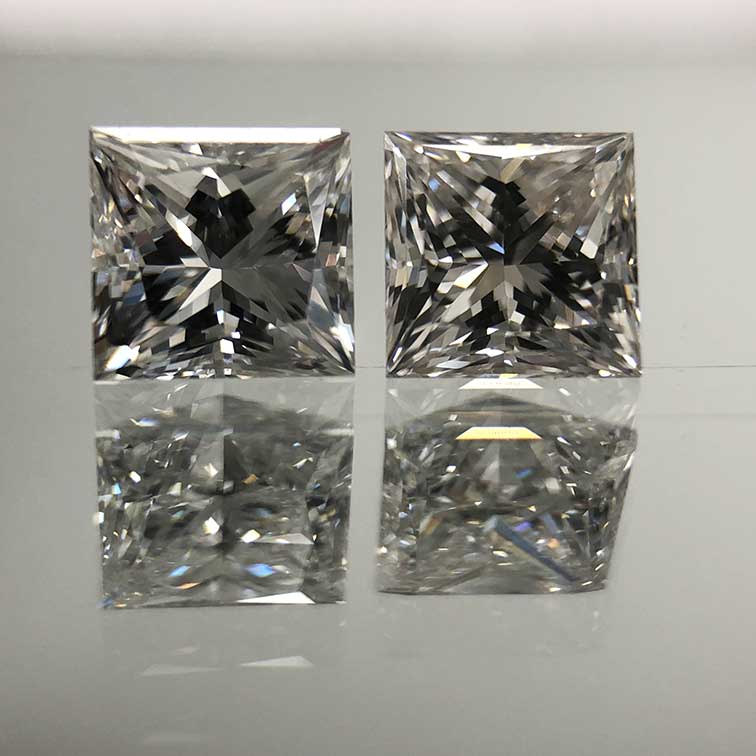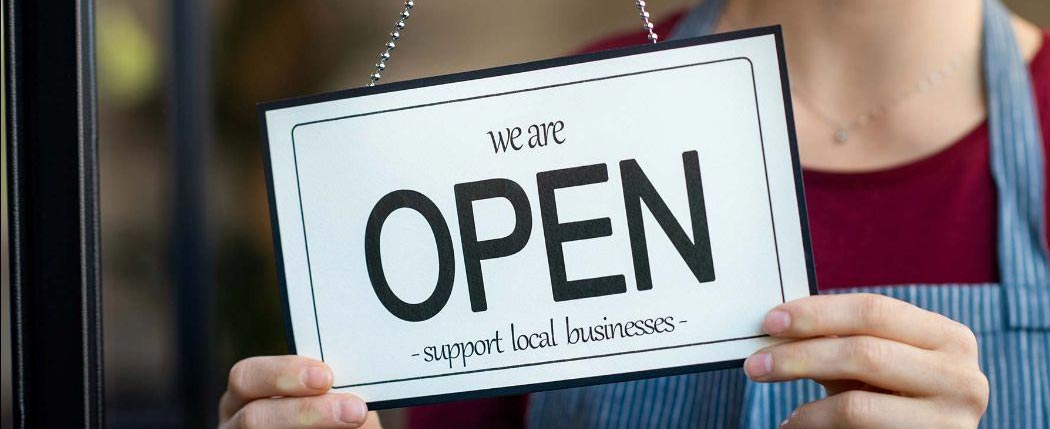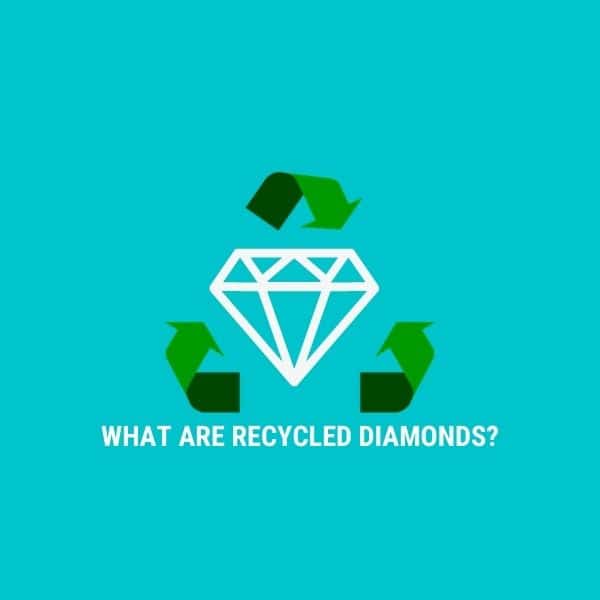The FTC, the Jewelers Association, and Good Morning America have weighed in; lab-grown diamonds have made it into the jewelry market. As a diamond and estate jewelry expert, Bluestone Trading’s President, Ritchie Grampp Jr. knows that this is a topic every fine jewelry sales professional needs to be informed on. We are here to help. Below are the top three lab-grown diamond myths our professionals have debunked.
1.) Lab-Grown Diamonds are Good for the Environment
As consumers are becoming more aware of their carbon footprint, and the impact their buying decisions have on the environment, eco-friendly options are becoming popular. Lab-grown diamond producers have capitalized on the mining process that natural diamonds require.

However, the public is unaware that lab-grown diamond production requires massive amounts of energy. In fact, third-party research has revealed that the greenhouse gas emissions of natural diamonds are 3x less than those of lab-grown diamonds. The environmental impact of a natural diamond is similar to that of 2.5 smartphones. How many phones have your customers had in their adult life?
This calculation of emissions is only factoring in the initial production of natural diamonds, not the continued use, passing from generation to generation, and recycling that is the nature of natural diamonds. Recycled diamonds are sourced from the second-hand market, such as pawnshops and family estates. This factor ties into our second myth; “lab-grown diamonds are ethically sourced.”
2.) Lab-Grown Diamonds are Ethically Sourced

The lab-grown diamond myth that is most inaccurate is that they are more ethically sourced than natural diamonds. This claim is supported by lies that natural diamond mining is unsafe for workers and that diamonds are used to fund a war. These are false claims.
Firstly, at one diamond mining incident per million hours worked, diamond mining is four times safer than telecommunications work, and 15 times safer than retail work. The strict safety regulations implemented at diamond mining facilities protect workers and the environment.
Secondly, the Kimberly Process, an international initiative focused on eliminating “conflict diamonds” from the diamond trade, was founded in 2003. This process is continually updated and has created innovative strategies to not only stem the flow of “conflict diamonds”, but also to counter human rights issues like labor practices and the environmental impact of diamond mining.
The next step in this process is to track new production diamonds separately from recycled, second-hand and reclaimed diamonds. Bluestone Trading has developed a tracking and sourcing system for our inventory and can provide guaranteed recycled diamonds and diamond jewelry, at the fraction of the cost of new production.
3.) Lab-Grown Diamonds are Cost-effective
It is true that they can be purchased for pennies on the dollar compared to natural diamonds. However, currently, there is no second-hand market for lab-grown diamonds. They do not hold value after purchase, and due to mass-production, they are worth less every day.
However, natural diamonds hold value and can be resold with little depreciation. Valuable diamonds and jewelry lose little value as they are passed from generation to generation. They are a finite recourse, especially with diamond production decreasing. With a truly limited quantity, their price stays steady, and so does the well-established second-hand market.
In summary, when speaking with a customer who is curious about lab-grown diamonds, we recommend sales professionals be prepared with the facts. For an eco-friendly, ethically sourced, and high-quality product that will continue to hold value long after they have taken it home – natural diamonds are the answer. Contact Bluestone Trading Company, Inc. for your diamond and fine jewelry needs today.






